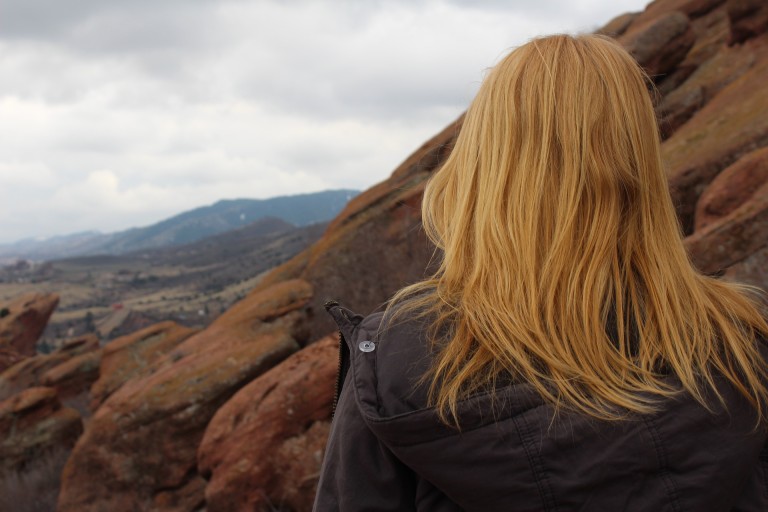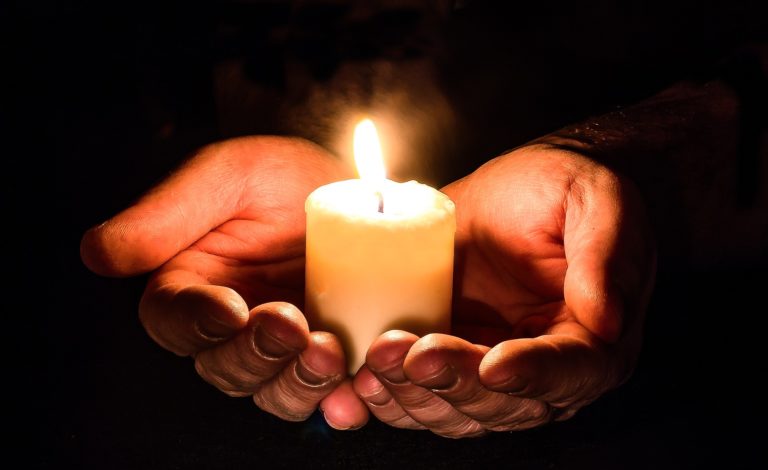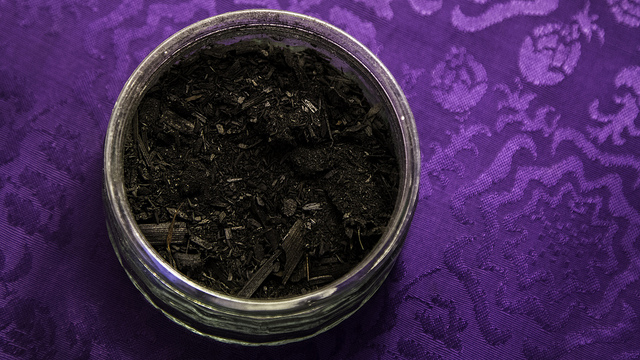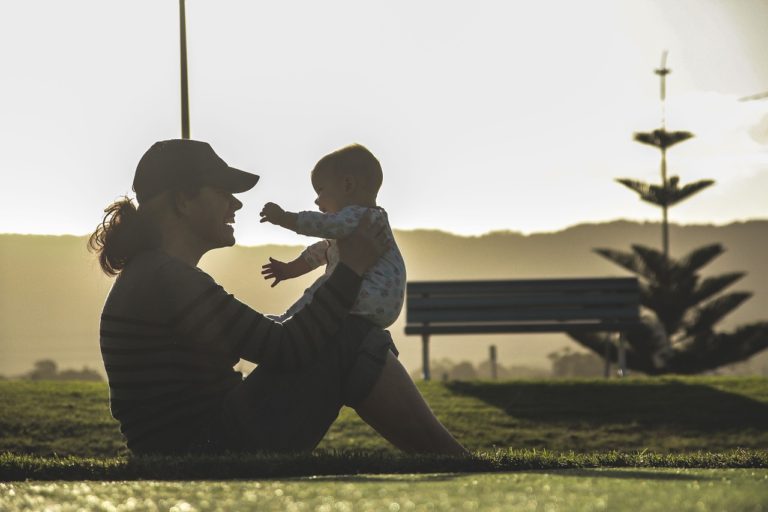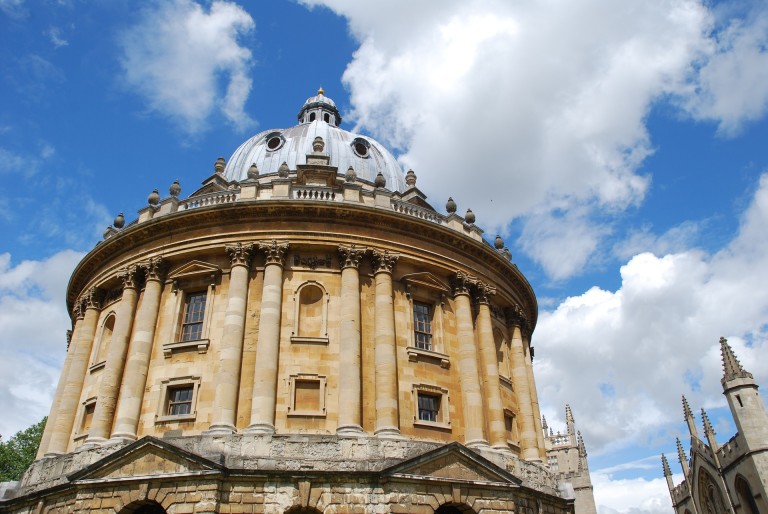During my company’s quarterly sales conference back in November, the fiction publisher said something that struck me hard, and which has stayed with me ever since. Her comment was in relation to a book she was presenting, and I can’t remember its title now, but I won’t soon forget her words: “We learn the most about who God is and who we are when we’re in the valley,” she said. By “valley,” she didn’t mean a verdant, green valley between two snow-capped mountains, a place of respite and calm. No, she was referring to the dark valley of grief and struggle immortalized in Psalm 23.
My sister-in-law Heather knows that valley better than anyone I know.
Two Sundays ago, I found myself, in the pre-dawn darkness, crossing the familiar pedestrian bridge over Michigan Avenue to Helen DeVos Children’s Hospital in Grand Rapids, Michigan. My nephew Rhyse, who has Noonan Syndrome, was in the ER. I’d gotten a text at 6 a.m., and had hurried to get dressed and drive to the hospital in the bitter cold to sit with Heather.
I’ve walked this bridge so many times I’ve lost count, mostly when Rhyse was a newborn and struggling for his life, because we lived in GR then. Now, we’re 600 miles away, and we can only offer support and encouragement by phone or Skype when Rhyse is in the hospital, as he is far too often. But for every time I’ve climbed the ramp and looked out through the blue glass onto the Michigan Avenue traffic, Heather has made the trip probably a hundred times now. She is the one who takes Rhyse to appointments with the 12 doctors and specialists who are continually working to identify and resolve his unique needs. Kids with Noonans can struggle with a wide range of things, from sight problems to digestive function to breathing challenges. Heather is also the one who finds herself in the ER in the middle of the night whenever the need arises, leaving her husband, who works to support their family of five, home with their two daughters. It’s not that her husband wouldn’t go in her stead, but Heather is the one who seems to know intuitively when something isn’t right, and someone has to stay home with the girls, so it’s just easier for her to be the one to make the trip to DeVos.
And so, knowing she was there alone, I pulled myself from my warm bed to go be a source of support, to bring hot coffee, to just be there.
DeVos Children’s Hospital is a beautiful place. The architecture, as you can tell from the photo of the bridge above, is stunning. The walls everywhere are covered in the bright artwork of children. Even the carpet is pretty. It doesn’t feel sterile or impersonal, as most hospitals do; it feels bright and cheerful. But for someone whose child has a chronic or serious condition, it’s still the valley.
The day before I made my 6 a.m. visit to DeVos, I’d asked Heather to choose a word for the coming year. I was hoping she would choose something she could hang on to as she was facing another year of uncertainty, a year in which she had no idea how many new diagnoses or new doctors or hospital stays there might be.
She didn’t disappoint me. A few days after I’d returned home to Virginia, she texted me and said, “I’ve picked a phrase rather than a word for 2014 . . . higher ground.”
A few days later, she wrote the following on her blog:
One of my sisters-in-law asked me to think of a word that might encapsulate what I want for 2014. I was struck numb with the request. Do I dare imagine a better year? Do I dare hope for less medical intervention and unscheduled hospitalizations than 2013? Do I think towards a summer filled with family biking, walking, and trips to the lake in place of endless sicknesses and ER visits? I am honestly not sure if I dare dream for a better year. Everything in me wants to erase much of 2013 and embrace 2014 with all the hope in the world. And yet I’m terrified to have a repeat year.
God tells us over and over in Scripture that he doesn’t want us to live in fear, but to trust in him, rely on him, turn to him. That he always, always has good things planned for us (see Jer. 29:11). But how, how do you find it within yourself to believe that when you have a chronically ill child? When you’ve lost a spouse? When you’re facing a terminal illness? When you’re the family breadwinner and you’ve just lost your job? How do you not live in fear of what’s to come?
We learn the most about who God is and who we are when we’re in the valley.
Let’s be honest: who wants to be reminded that we get to know God best through hardship? On the surface it’s a discouraging notion at best, and given the choice, we might say, “Hey, if I have the option, I’d rather avoid walking through that valley you mentioned, even if it means I don’t get to know God quite as well. Okay?” But we don’t get a choice, so here’s where I’ve landed: life is full of hardships, and we’re going to face them whether we want to or not. Since this is the case, and I can’t avoid the valleys, I’m glad to know I won’t be there alone.
The twenty-third psalm asserts, Though I walk through the valley of the shadow of death, I will fear no evil, for you are with me.
I’ve learned that even in the valleys, God remains a God of blessing, who makes a way for us to find joy.
And joy is the antithesis of fear.
My friend Ann says eucharisteo always precedes the miracle. If we give thanks, that thanks results in joy. This is the miracle: that joy is always, always the result of thanksgiving.
And so, I give thanks. For Rhyse’s life. For the incredible strength in his tiny body. For his wide, slow-blooming smile and sense of humor. For all the ways he amazes us as he grows. For the 12 doctors who are so dedicated to his care. For his parents’ perseverance in seeking the right care for him. For the way Rhyse has obviously enriched their lives. And for Heather’s courageous decision to seek higher ground in 2014.
I even give thanks for that 6 a.m. visit to the ER. It was the first time Rhyse ever went home from Emergency without being admitted as an inpatient, and I’m thankful he wasn’t as ill as we initially thought. It was a rare opportunity to support Heather in person, and I’m thankful I was able to be there. And it meant we had an excuse for enjoying Starbucks mochas at 7 a.m., so I’m thankful there’s a Starbucks in the DeVos complex, where I could get some cocoa-coffee comfort before the sun was even up.
All these thanks, they feel like higher ground to me. When we count blessings, take note of the daily gifts he gives us, we rise above the valley floor just a bit – but maybe that bit is enough to sustain us, to help us push through to the other side. And maybe, just maybe, we can leave fear behind.
We learn the most about who God is and who we are when we’re in the valley.
Maybe we learn best in the valley because that’s when we need it most? Maybe it’s that simple? That God is most fully present when our need is most raw, most palpable? When we most long for higher ground?
Who is God? He is truly the lover of our souls, the giver of all good gifts, if we only have eyes to see.
Who are we? We are the children of God, heirs to all that he has to give, from the smallest blessing to the greatest gift, if we only have the willingness to receive.
Blessings,


